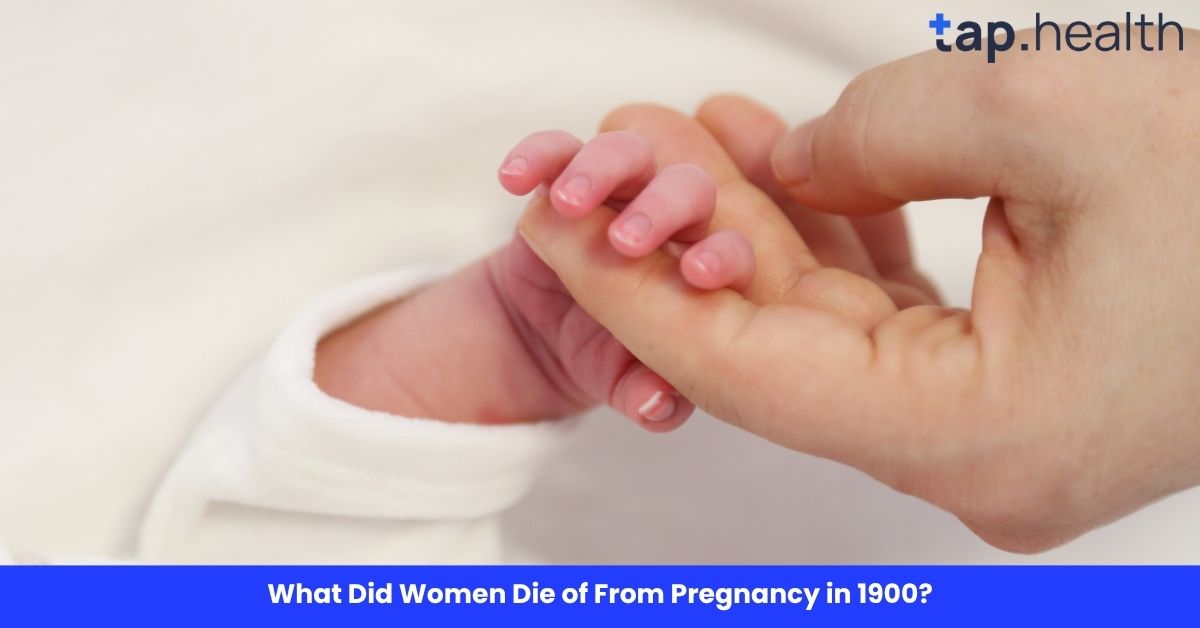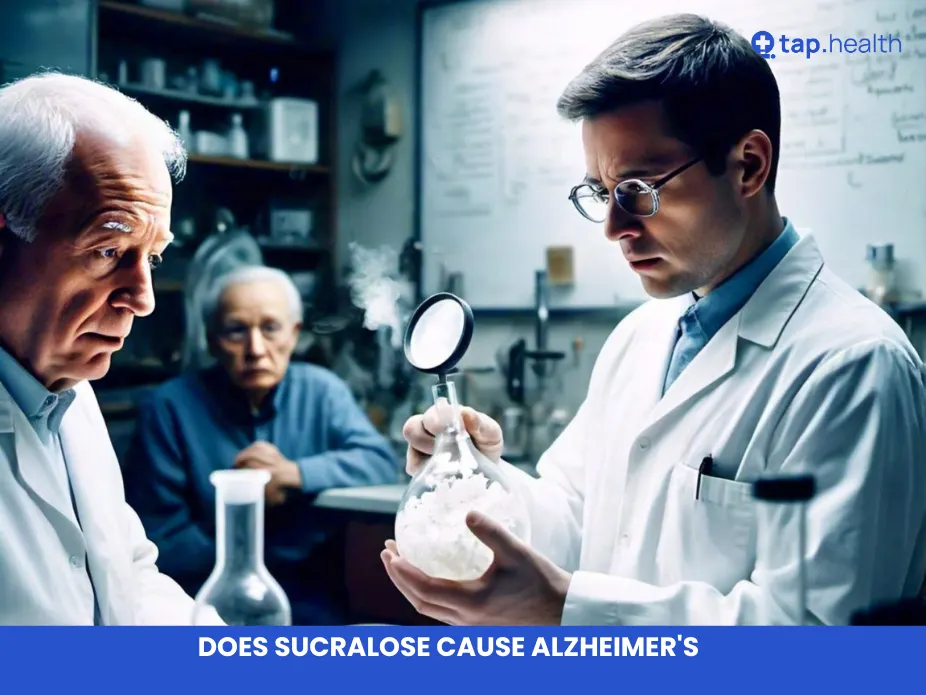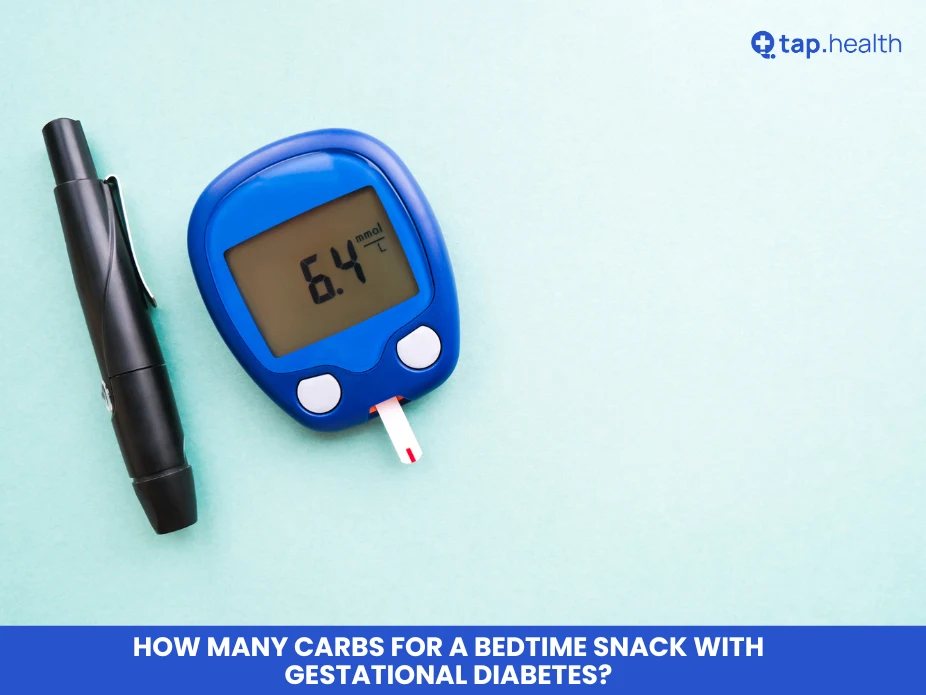When it comes to understanding the science behind sperm, there’s one question that pops up: how many calories are in sperm? You may have heard various claims or jokes about it, but what is the actual truth? In this blog post, we will dive into the details of sperm’s caloric content, its nutritional composition, and explore common misconceptions. By the end of this article, you’ll have a well-rounded understanding of sperm’s energy content and its nutritional value.
Let’s get started by breaking down the science behind sperm and its calories!
What is Sperm Made Of?
Before we talk about calories, it’s important to understand what sperm is and what it’s composed of. Sperm cells are produced in the male testes, and they play a crucial role in fertilizing an egg during reproduction. However, sperm itself doesn’t just consist of sperm cells—it contains other fluids too.
Here’s what sperm is made up of:
- Sperm cells: These are the actual male reproductive cells, also known as spermatozoa.
- Seminal plasma: The fluid that helps sperm swim and survive in the reproductive tract. It contains a mix of proteins, sugars, and other substances.
Now that we have an understanding of sperm, let’s look at how many calories it contains.
How Many Calories Are in Sperm?
A commonly asked question is how many calories sperm actually contains. According to health experts, a single ejaculation contains around 1.5 to 5 milliliters of semen, which has a minimal caloric value.
On average, the caloric content of sperm is estimated to be around 5 to 7 calories per ejaculation. While this number may seem low, it’s important to consider that the amount of calories in sperm is negligible in terms of overall daily calorie intake.
What Makes Up These Calories?
The small number of calories found in sperm comes primarily from sugars, specifically fructose, which is the main sugar found in semen. Seminal fluid also contains proteins and some vitamins and minerals, but the calories in sperm are not significant enough to affect your diet or weight in any meaningful way.
What is the Nutritional Composition of Sperm?
While sperm doesn’t provide significant calories, it does have some nutritional value. Here’s a breakdown of the key components found in sperm:
1. Fructose
Fructose is the sugar found in sperm that provides a small amount of energy. It helps sperm cells move and provides fuel for their journey toward the egg.
2. Proteins
Semen contains various proteins that support sperm health and mobility, but they don’t contribute much to the calorie count.
3. Vitamins and Minerals
Sperm contains small amounts of vitamins like Vitamin C, Vitamin B12, and minerals such as zinc and calcium. These are important for sperm health but don’t significantly impact the caloric value.
4. Water
Since sperm is a liquid, water makes up a large part of its volume, contributing no calories but helping to transport other elements.
Does Sperm Contain Any Fat?
Sperm is very low in fat. Its composition includes minimal fat, and the fat content is not significant enough to add any measurable calories. Therefore, sperm does not contribute to weight gain or fat intake.
Is There Any Health Benefit to Consuming Sperm?
Some people may wonder if consuming sperm provides any health benefits due to its nutrients, but the reality is that the benefits are minimal.
1. Nutritional Value
As mentioned earlier, sperm contains a small amount of vitamins, minerals, and proteins, but these nutrients are present in such small quantities that consuming sperm won’t provide any significant health benefits.
2. Myths About Sperm and Health
There are many myths surrounding the health benefits of sperm consumption. Some claim that it can improve skin health, enhance mood, or provide an energy boost. However, there is no scientific evidence to support these claims.
Can You Lose Weight by Consuming Sperm?
Since sperm contains only a very small number of calories, consuming sperm is not a reliable method for weight loss or weight gain. The calories in sperm are negligible compared to the calories we consume in a regular diet. Therefore, it should not be considered as part of a weight loss or gain strategy.
What Happens if You Consume Too Much Sperm?
As with any bodily fluid, there are no health risks associated with consuming sperm in moderation. However, excessive consumption could lead to potential hygiene issues or health concerns if the sperm is not from a clean, healthy source. Always consider the potential risks of unprotected sexual activity in such cases.
Frequently Asked Questions (FAQ) on How Many Calories Are in Sperm? A Detailed Guide
1. Is It Safe to Consume Sperm?
Yes, consuming sperm is generally safe for most people, as long as it comes from a healthy and clean source. However, it’s important to consider the risks associated with unprotected sexual activity, such as the transmission of sexually transmitted infections (STIs).
2. How Many Calories Are in 1 ML of Sperm?
On average, 1 milliliter of sperm contains about 1 to 2 calories. Since the typical volume of an ejaculation is between 1.5 to 5 milliliters, the total caloric content ranges from about 5 to 7 calories per ejaculation.
3. Can Sperm Help in Bodybuilding or Fitness?
While sperm contains a small amount of protein and other nutrients, it is not a practical source for muscle building or fitness. The amount of protein in sperm is far too low to have any meaningful impact on muscle growth or recovery.
4. Can Sperm Affect My Diet or Weight?
No, sperm does not significantly impact your diet or weight. The calorie content is too low to have any noticeable effect on your body.
5. Does Sperm Contain Any Sugar?
Yes, sperm contains fructose, a type of sugar that provides energy to sperm cells. However, this sugar is present in small amounts and does not significantly contribute to the overall caloric content of sperm.
6. What Are the Benefits of Semen for Skin?
Some believe that semen can improve skin texture and reduce wrinkles due to its protein and vitamin content. However, there is no scientific evidence to support these claims, and any benefits would be minimal at best.
7. What Is the Nutritional Value of Sperm?
Sperm contains small amounts of fructose, proteins, vitamins (like Vitamin C and B12), and minerals (like zinc and calcium), but it is not a significant source of nutrition.
Conclusion
In conclusion, sperm contains a very small number of calories—approximately 5 to 7 calories per ejaculation—which comes primarily from fructose. While sperm contains some proteins, vitamins, and minerals, these are present in such small quantities that they don’t provide significant nutritional value.
So, while sperm may have some minimal caloric value and nutritional components, it’s not something that should be relied upon for diet or health purposes. If you’re looking to improve your nutrition, focusing on a well-balanced diet will be far more beneficial.
We hope this article helped answer your questions about sperm and its calorie content. If you have any further questions, feel free to reach out!


